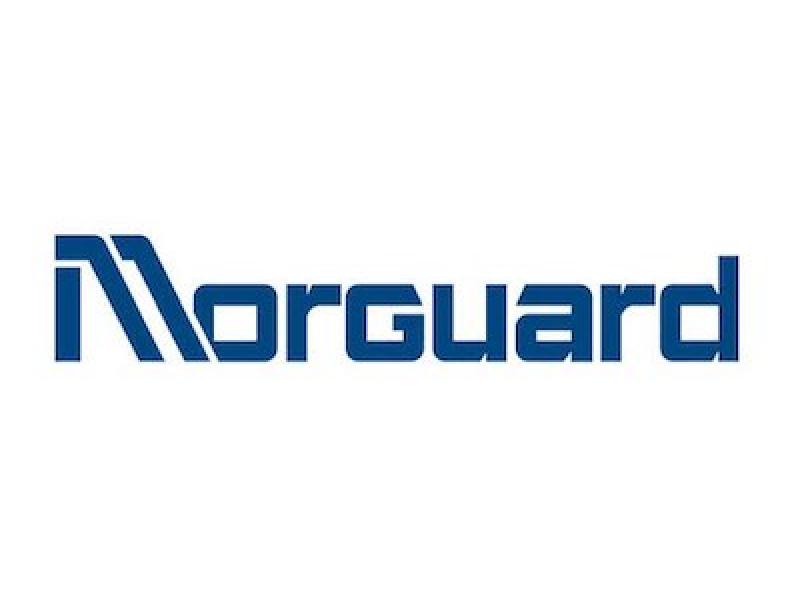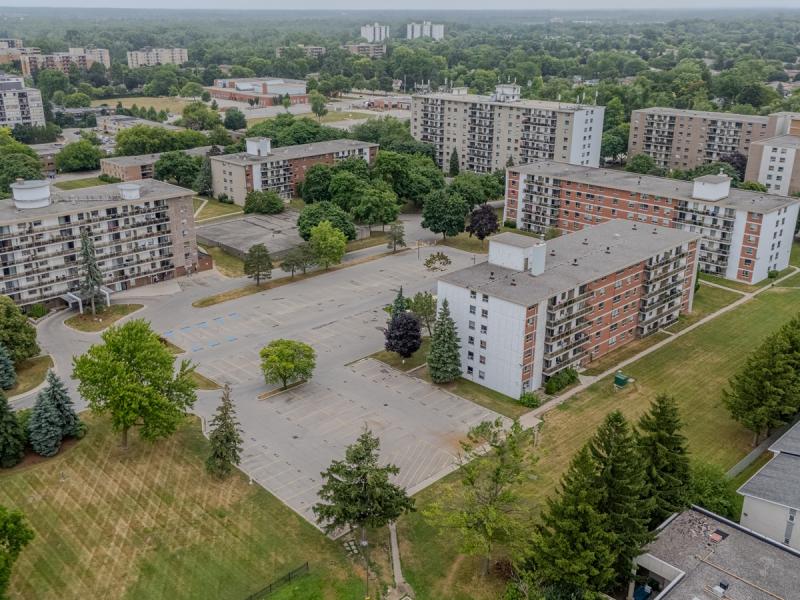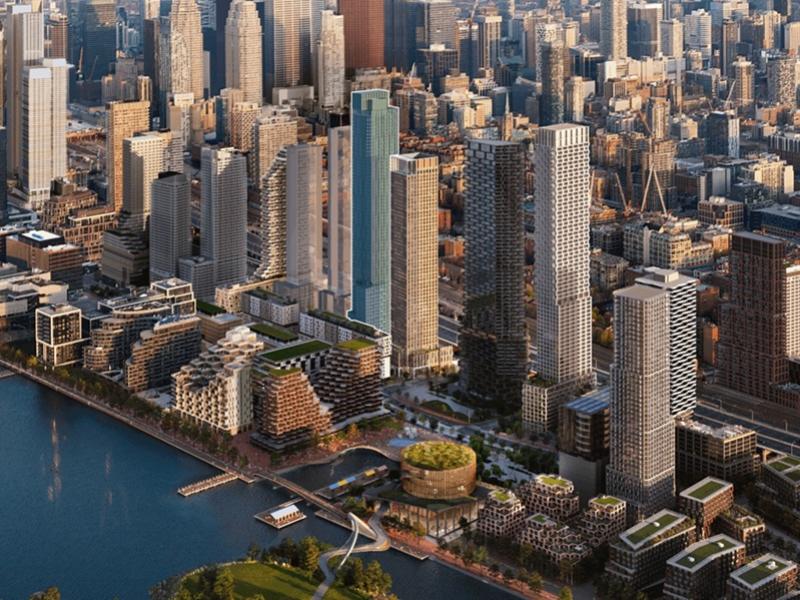
Three high-ranking Canadian real estate executives and one European colleague closed a recent forum in Toronto by looking beyond the “Survive 'til 2025" mentality to "Hello to a Fix in 2026.”
Fengate Real Estate president Jaime McKenna and CBRE Canada president and CEO Jon Ramscar moderated the discussion at the Real Estate Forum, which explored risks and opportunities that lay ahead and what courses of action could follow.
“What we've seen unfold, at least across our platform over the last two years, is a capital recession and not an operating recession,” KingSett Capital CEO Rob Kumer said. “I think it's an important distinction because one is structural and one is cyclical.
“The properties in our world are generally full, rents are generally growing, tenants are healthy and paying rent, and there's lots of cash flow.”
Investment returns
McKenna said bonds and guaranteed investment certificates have produced better returns than real estate over the past 12 to 24 months and she asked Frankfurt, Germany-based Alexander Heijnk, Deka Immobilien’s head of acquisitions and sales for the Americas, how to justify real estate investment.
Heijnk said the same issues faced by the real estate industry in Canada are shared globally, so countries can learn from each other. He has a positive outlook and believes real estate returns will be more attractive than bonds in 2025.
Slate Asset Management has approximately $12 billion in assets under management in nine North American and European countries and founding partner Blair Welch said money will flow to the easiest places for the highest returns.
While interest rates are important, “rents are everything for real estate,” said Welch, who believes investment must be spurred to drive the economy and, subsequently, rents.
While Kumer doesn’t think we’re in front of a big development cycle, he believes investment, transaction volume and property values will pick up again and “we're on the verge of a very strong, very competitive bull run.”
Annie Houle is head of Canada for Ivanhoé Cambridge, which oversees the real estate portfolio of CDPQ, a global investment group with $452 billion in assets. CDPQ holds interests in more than 1,500 buildings — primarily in the logistics, residential, office and retail sectors — and held $77 billion in gross real estate assets at the end of 2023.
Houle said real estate requires leverage and is riskier than other investment types. She noted that institutional allocations to real estate had grown by 20 per cent over the previous 10 years but have been flat over the past two. Seventy per cent of institutions are looking to reduce their real estate allocations while 13 per cent want to increase them, she added.
Office
Heijnk’s company owns around 580 properties in 27 countries on five continents. It purchased Vancouver office buildings at 401 W. Georgia St. and 402 Dunsmuir St. from CPP Investments and Oxford Properties for about $300 million early this year.
Heijnk said Vancouver is the strongest office market in North America due to its overall fundamentals, quality of life, city planning and infrastructure.
“There's a huge disparity between the investment value and the operating value, and that's where the opportunity is,” Kumer said.
“Spread investing is back and it's the lowest-risk kind of real estate investing,” Kumer added later. “All you have to do today is buy an office building at a seven cap and finance it at five per cent and then just sit back and collect rents.”
There’s demand for new and highly amenitized office buildings. And as A- and above classified office buildings fill up, Kumer thinks demand should increase again for class-B buildings. But he expects that a lot of class-B and -C buildings in Toronto will struggle for a long time.
“We’re not oversupplied, we’re under-demolished,” Kumer observed.
Residential
Canada has a housing shortage and recent changes to immigration policies weren’t well thought out, according to Kumer. He thinks immigration should increase as long as it brings in people with needed skill sets who can bolster the economy.
There should also be policies in place so there’s housing and infrastructure to accommodate these new immigrants, he added.
Ivanhoé Cambridge is underexposed to residential real estate in Canada, so Houle said it’s looking to intensify its retail platform with multiresidential development.
Heijnk said rent controls in Germany are annoying for landlords but create stability and the country is attractive to international investors seeking multifamily properties.
Industrial
Kumer said industrial real estate fundamentals are solid and, while rents have moderated after steep increases and the vacancy rate has risen from less than one per cent to five per cent, he’s not concerned about a supply-and-demand imbalance.
Ivanhoé Cambridge owns or partially owns industrial/logistics properties in Canada, Singapore, Australia, Brazil, China, the U.S., Indonesia, Germany, France, the United Kingdom and the Netherlands. Houle said it’s looking at adding to the portfolio.
“With the supply chain, we went from just in time to just in case,” Houle said, noting the Canadian industrial sector has solid fundamentals and significant mark-to-market pricing differences.
Retail
Slate owns more than 600 grocery stores globally, with occupancy in the mid-90 per cent range and growing rents. Welch said there haven’t been many new grocery stores built in the U.S. since the financial crisis of 2007 and 2008, so he’s bullish on essential retail as an asset class and has noticed lenders and capital providers embracing it.
Ivanhoé Cambridge owns several malls that Houle said have gone through some rough times over the past eight years, but sales and traffic are now trending upward and retail had the highest return of any asset class in 2023 according to the MSCI/REALPAC Canadian Property Index.
“The supply has gone down and the demand is going up,” Houle said, noting that quality malls are mostly full and same-property net operating income growth is in the high single digits.










